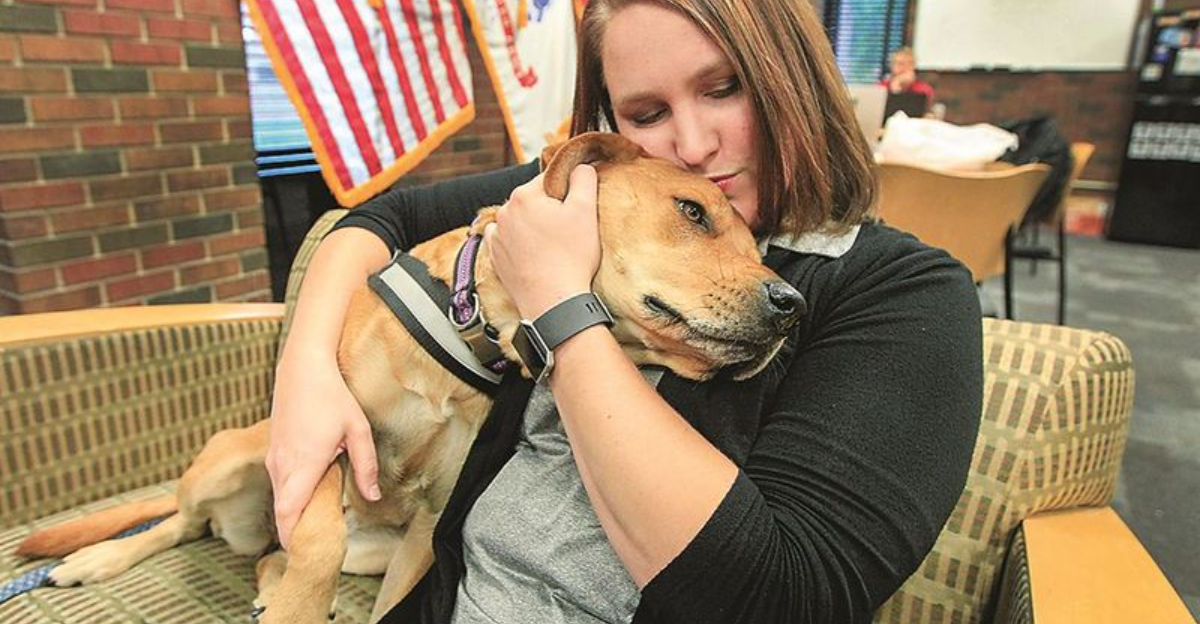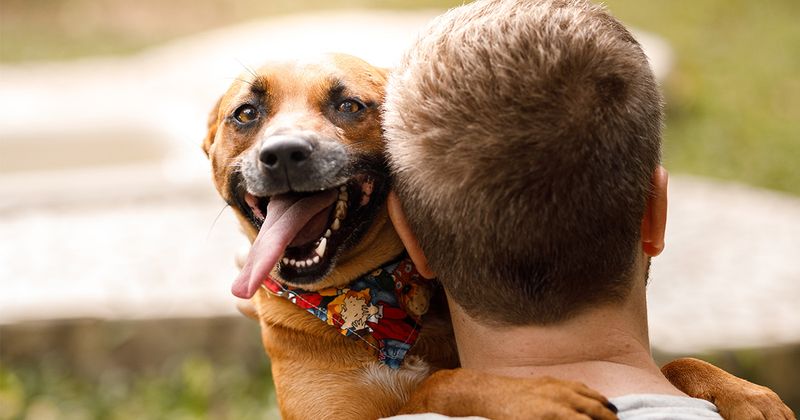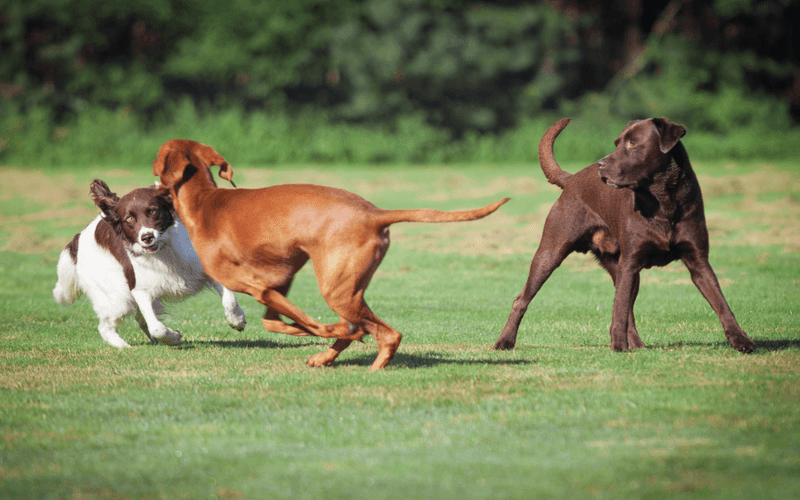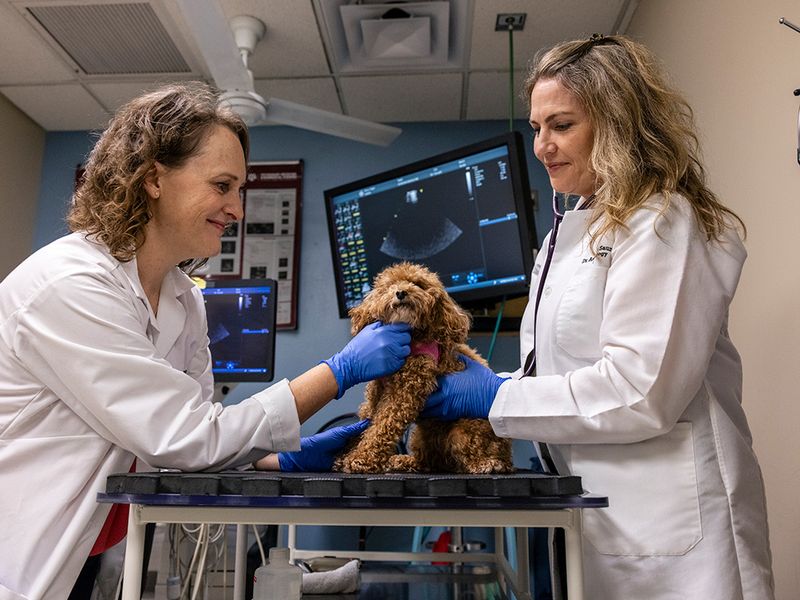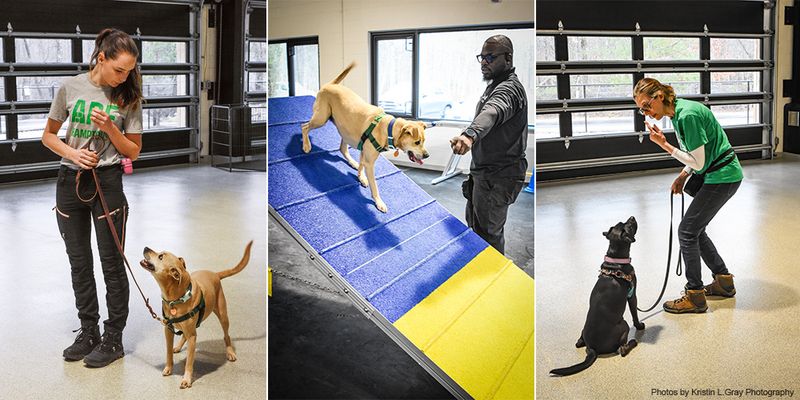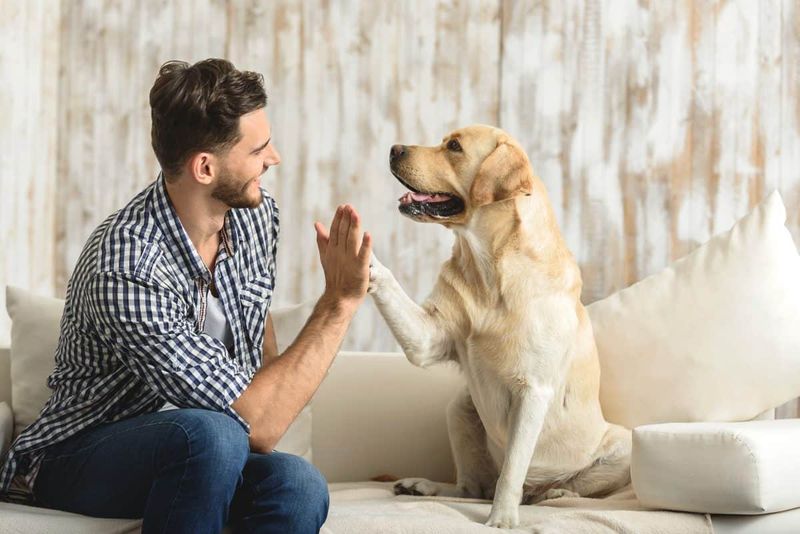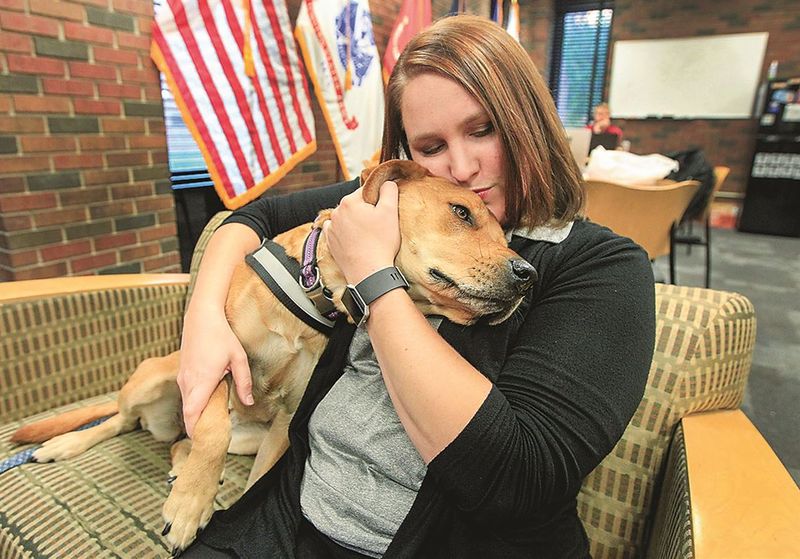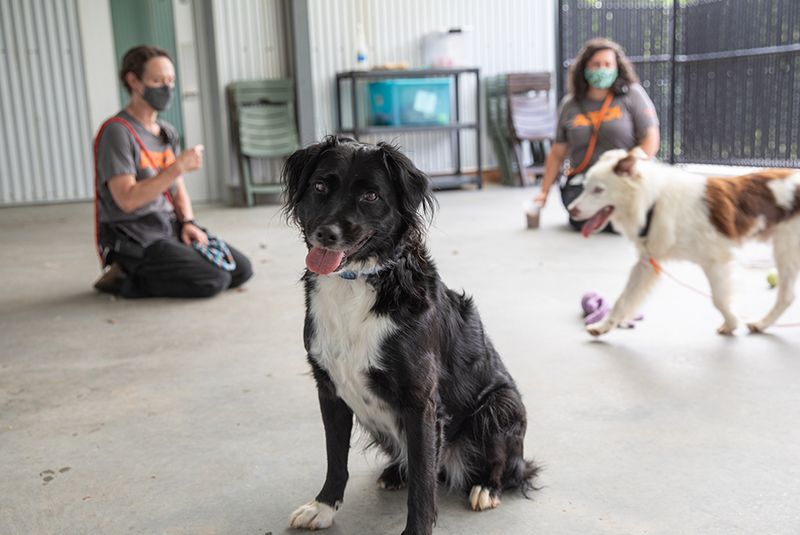Adopting a rescue dog can be one of the most rewarding experiences, but it also comes with its own set of challenges. Before you bring your new furry friend home, it’s essential to be prepared and informed. This guide covers the 11 crucial things you need to know to ensure a smooth transition and a happy life together. From understanding their past to creating a comfortable environment, these insights will help set you and your dog up for success. Let’s explore what it takes to welcome a rescue dog into your home with open arms and a ready heart.
Understanding Their Background
Every rescue dog has a story, and understanding their past can be key to forming a strong bond. Whether they’ve been through neglect or just need a new home, knowing their history helps you provide the right care.
Consider reaching out to the shelter for insights or observing any signs of fear or anxiety they might display. This knowledge is not just about empathy, but it allows you to tailor their environment to suit their needs. The journey may require patience, but the reward of gaining their trust is priceless.
Matching Energy Levels
Finding a dog with a compatible energy level is crucial for harmony at home. A high-energy dog might love long runs, while a more laid-back pup may enjoy lazy afternoons.
Assess your lifestyle and consider how much time you can dedicate to walks and play. Identifying a match ensures both you and your furry friend will thrive together.
Remember, a mismatch in energy can lead to frustration for both parties, so take the time to find the perfect fit.
Preparing Your Home
Before your new companion arrives, transforming your home into a dog-friendly space is essential. Consider setting up areas where they can relax, play, and feel safe.
From securing loose wires to placing food bowls and soft bedding, these preparations show love and consideration. It’s about creating a haven where your dog can explore and feel at ease.
A little effort upfront leads to a smoother adjustment period, setting the stage for joyful beginnings.
Socialization Opportunities
Socialization is a vital part of a dog’s development, especially for rescues. Exposing them to other dogs and people helps them adapt and build confidence.
Start with controlled environments like dog parks or training classes, gradually increasing exposure as they grow comfortable. This process strengthens their ability to interact positively with the world.
By nurturing these social skills, you’re not just improving their life but enriching yours as well.
Health and Vet Care
Regular vet check-ups are fundamental to a dog’s well-being. Ensure your rescue dog is vaccinated, neutered, and receives timely wellness exams.
Your vet can provide insights into specific health needs or concerns related to their breed or age. These visits create a solid foundation for a healthy life.
Being proactive about their health means less stress and more peace of mind, allowing you to enjoy more wagging tails and joyful moments together.
Training and Patience
Training a rescue dog requires patience and consistency. Whether teaching basic commands or addressing behavioral issues, positive reinforcement builds trust.
Consider professional training if challenges arise, but remember, even small daily practice makes a significant difference.
Training is a journey, not a destination, and each step strengthens your bond, leading to a harmonious life together.
Recognizing Triggers
Understanding what might trigger anxiety or fear in your rescue dog is essential. Whether loud noises or unfamiliar surroundings, recognizing these triggers helps you manage and reduce stress.
Create a safe space where they can retreat when feeling overwhelmed. This understanding fosters trust and comfort, critical components in helping them adapt.
Every effort you make to understand their triggers contributes to a more peaceful coexistence.
Building a Routine
Dogs thrive on routine, and establishing a consistent schedule can ease a rescue dog’s transition. Regular feeding times, walks, and bedtime routines provide a sense of security.
Consider your daily rhythm and how to incorporate your new companion into it. This stability helps them feel grounded and part of the family.
A well-structured routine is like a comforting embrace, guiding them through new beginnings with assurance.
Bonding Through Activities
Engaging in activities with your rescue dog strengthens your bond and brings joy to both parties. From hiking in nature to gentle play in the backyard, these moments foster connection.
Finding shared interests enriches your relationship, making everyday adventures special.
These activities are not just fun but play a crucial role in building trust and understanding between you and your furry friend.
Emotional Support and Understanding
Rescue dogs often require extra emotional support. Understanding their needs and offering comfort establishes a strong connection.
Be mindful of their body language and respond with kindness and patience. This empathetic approach nurtures a loving environment where they feel cherished.
Emotional support is a two-way street, and the love you invest will be returned tenfold.
Celebrating Small Victories
Every achievement, big or small, deserves celebration. Whether learning a new command or overcoming a fear, these victories are milestones in your journey together.
Acknowledge and reward progress, as it boosts confidence and strengthens your bond.
Celebrating these moments is a joyful reminder of how far you’ve come and all the adventures still ahead.
